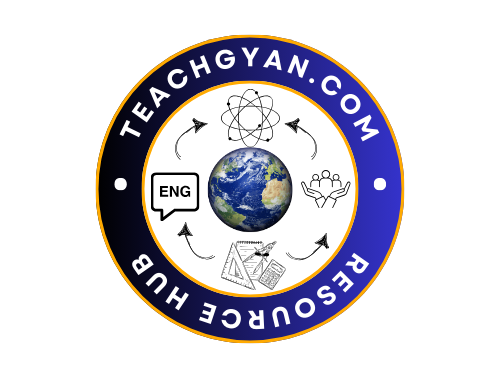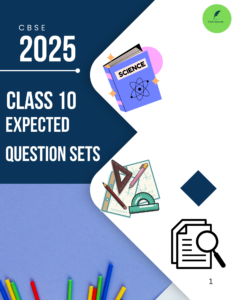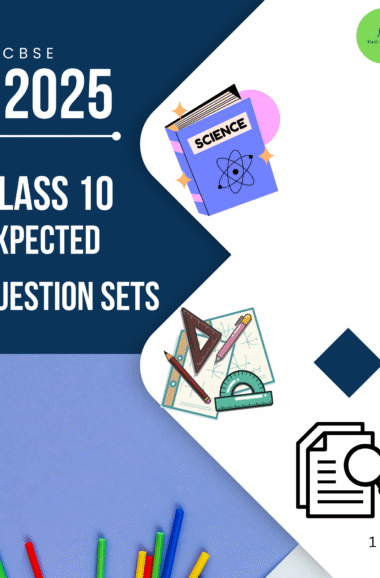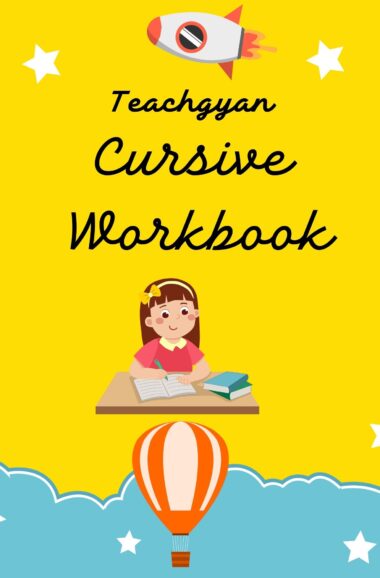In the intricate tapestry of education, one thread stands out as particularly influential – the relationship between teachers and students. This blog aims to delve into the profound impact that teacher-student relationships have on learning outcomes. From fostering a positive classroom environment to enhancing academic performance, the dynamics of these connections play a pivotal role in shaping the educational journey.
The Foundation of a Positive Learning Environment
The Building Blocks of Trust
Establishing trust forms the bedrock of any meaningful relationship. Explore the ways in which teachers can cultivate trust with their students, creating an environment conducive to open communication and collaboration.
Nurturing Social and Emotional Development
1. Understanding Each Student’s Unique Needs
Analyze the importance of recognizing and addressing individual learning styles and emotional needs. Teachers who establish a connection with their students are better equipped to tailor their teaching methods accordingly.
2. Creating a Safe Space for Expression
Examine how a supportive teacher-student relationship fosters an environment where students feel safe expressing their thoughts and opinions. This freedom of expression is fundamental to intellectual and emotional growth.
Impact on Academic Performance
1. Motivation and Engagement
Explore the correlation between positive teacher-student relationships and increased student motivation and engagement. When students feel valued and understood, their enthusiasm for learning naturally flourishes.
2. Academic Confidence and Achievement
Delve into the role of teacher encouragement in boosting students’ academic confidence. The belief that a teacher has in their students can significantly influence their self-esteem, leading to improved academic performance.
3. Reducing Academic Stress
Examine the ways in which a supportive teacher-student relationship can mitigate academic stress. By providing a safety net for mistakes and fostering a growth mindset, teachers contribute to a healthier approach to learning.
Strategies for Building Strong Connections
1. Active Listening
Highlight the importance of active listening in building meaningful connections. Teachers who actively listen to their students demonstrate empathy and understanding, strengthening the bond between them.
2. Personalizing Learning Experiences
Explore the benefits of personalizing learning experiences to cater to individual student needs. Teachers who take the time to understand their students’ interests and learning preferences create a more engaging and effective learning environment.
In conclusion, the impact of teacher-student relationships on learning outcomes transcends the confines of the classroom. These connections form the heart of effective education, nurturing not only academic success but also the holistic development of each student. As educators, fostering these relationships should not be viewed as an additional task but as an integral aspect of our role in shaping the future.
By recognizing the profound influence teacher-student relationships wield, educators can embark on a journey of intentional connection-building, ultimately creating a positive and transformative learning experience for their students.
As we reflect on the symbiotic relationship between teachers and students, let us strive to nurture an educational ecosystem where every student feels seen, heard, and empowered to reach their fullest potential.
happy teaching
Team Teachgyan








